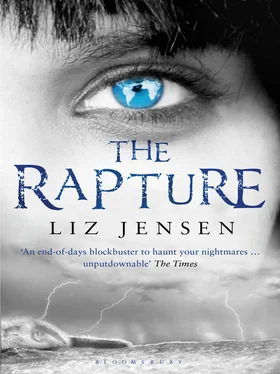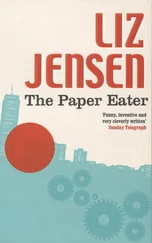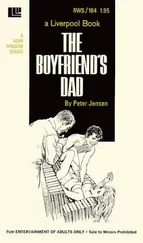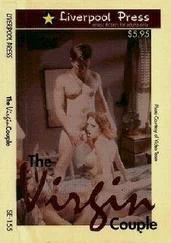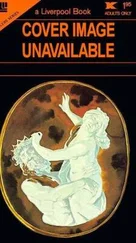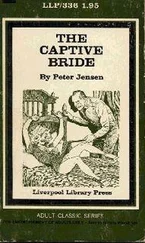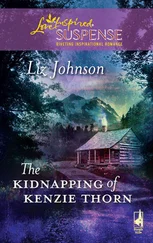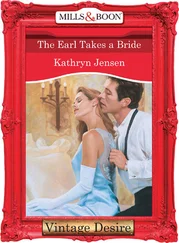He has his back to me as I enter. I don’t see him at first because it’s a large room, and he’s at the very far end by the windows, at floor level. I’m not expecting that. He is in a vest and shorts, rowing on his machine. The room has recently been painted in wipe-down buttermilk: you can still smell the faint, anodyne odour.
When I reach him I swivel my chair until our contraptions face each other, almost close enough for their metal to kiss. Or even mate and breed. My boss is veering muscularly back and forth, emitting small masculine stress-sounds like ‘ungk’ and ‘gah’, his arm-sinews pulled to the maximum. He’s sweating like a rutting goat.
‘I’d like to discuss Bethany Krall,’ I say. ‘There’s nothing in the file by Joy McConey. If she made notes, they’ve gone missing.’
Apart from his fanaticism on the physical fitness front, Dr Sheldon-Gray possesses no obvious tics, and no apparent signs that he is one of the walking wounded of which my profession is largely comprised. Nevertheless the rowing machine’s pace seems to slow at the mention of Bethany. I sense hers is not a name the director wishes to hear.
‘Gah,’ he puffs. ‘Sorry, can’t stop until I’ve done my quota, so if you just talk and bear with me. Ungk.’
‘I’d like to see what Joy wrote.’
‘Of course you would.’
‘So may I?’
‘No. Gah.’
‘Can I ask why not?’
He makes me wait, listening to his intimate noises, until he has done another three strokes: his eye is on his heart-rate reading, and the digital clock.
‘It would be — gah — unhelpful.’
‘Unhelpful in what way?’
Abruptly, he stops rowing and starts rubbing at his face and neck with a towel. He looks across at me, still panting. Confidence gives a boom of volume to his voice, as though he’s speaking to a crowd. He starts wiping down his arms.
‘Well, she’s officially on sick leave but there’s more to it than that, I’m afraid. She began to show signs of mental unbalance. The notes reflect that. So I removed them from the file.’ He flips his towel over his back in a decisive, alpha-male movement.
‘I see,’ I say as he fiddles with the little digital box on the rowing machine, trying to re-zero it. ‘I’m sorry she’s ill. I knew she was on a sabbatical, but no one told me the specifics.’
‘Well, now you know them. So. Is that all?’ he asks, when the digits are fully blanked. I don’t reply. Instead, I wait. And wait some more. ‘I mean, it’s fair enough, don’t you think?’ he justifies finally. I say nothing. ‘If you, Gabrielle, in a state of extreme personal distress, wrote a report on a patient that reflected badly on your professionalism, you wouldn’t like it to remain on record, I imagine?’ His eyes meet mine. Their astonishing clarity and blueness make them look artificial, like a pair you might pick out for yourself in a glass eye shop. Given my own shaky tenure here, I can’t argue with the man. ‘I’d stick to working out Bethany Krall for yourself, if I were you, Gabrielle. Are you settling in well, by the way?’ Without waiting for a reply he starts rubbing down his strangely hairless legs, adding: ‘We must get you involved in some local stuff. Plenty going on here socially. Big charity bash coming up at the Armada. It’ll be a good opportunity for you to meet and mix. Though it’s mostly science types,’ he says with an air of apology.
‘What species of science type?’ I ask, suddenly interested. The Bethany-puzzle is still vibrating.
‘The lesser-spotted biologist, the two-toed statistician, I don’t know. The usual suspects.’
‘OK.’
‘OK what?’ The exertion has turned his face as pale as the buttermilk wall behind him.
‘OK I’ll come. Thank you. Can you get me an invitation?’
He does a double-take. ‘Of course. Leave it with me. Rochelle will contact you.’
Working out Bethany Krall for myself isn’t an easy ride. Like extreme weather, her moods vary wildly. Some days she is talkative, while on other occasions she barely acknowledges me, refusing point-blank to enter into a dialogue, even about cloud formations or another favourite topic, plate tectonics. Her artwork is impressive. She works on several large and evocative sky paintings, and dashes off a series of brooding charcoal drawings of storms spreading over wide featureless landscapes. More and more, she doodles rocky surfaces from which a vertical line emerges, heading skyward but fizzling into nothingness near the top of the page. Sometimes it takes root underground, its trajectory veering to the left and then ending in what looks like a cartoon bang. Is it plant or machine? When I ask her about it, she is non-committal: the scene is something that keeps ‘appearing’ after ECT. Perhaps it’s on another planet, she offers. But to me it whispers Freud. I try to draw her out a little on the subject of her religious background, in the hope that it might lead to some revelations about her family. She can quote the Bible extensively, but is as scathing about God as she is about doctors, repeating the question she raised when we first met: what has God ever done for her?
‘That presupposes that God exists,’ I prompt her. But at this, she falls silent. If Leonard Krall abused his daughter sexually, and her mother colluded in the atrocity, then her need for vengeance would be easily explained. I work with her patiently, trying to edge towards the subtle alteration of perception that might one day enable her to escape the tortured landscape of Planet Bethany and move to a place of lesser punishment. But if revelations are on the horizon, they are a long way off, and I’m aware of my failure.
Our next meeting takes place outside. It is still breezeless, and so oppressively hot that I have taken to carrying a little lacquered fan with me everywhere, like some old-world geisha. Above us the sky is that intense Hockney blue that seems to almost gag on its own density. High scatterings of clouds above, like flung chalk dust, and stripes of darker vapour below. The heat is vengeful, vengeful. Rafik is shadowing us, a few paces behind: I have told him to make sure that if Bethany touches me, or makes any sudden move, he must intervene immediately. I’m taking no chances. I don’t trust her further than I can spit.
Five years ago, the British seasons made some kind of sense. Not any more. One side of Oxsmith’s façade is set on fire by the hectic leaves of a Virginia creeper, which blaze like fish-scales. Some have already curled to brown and been shed. A cluster of lilies, withered and papery, mauve and delicate orange, rears up valiantly from the drought-struck lawn. In my previous life I would have photographed distressed, moribund blooms such as this, and then taken the image further in the studio, fast and angry, nudging at them with pastels, or brush-and-ink, revelling in the accidental splatters, the emotional jolts that change the way you think about what you see, because you’ve seen it anew, transmogrified it, forced it to sing your song. For the first time in months, I feel a spasm of creative desire. Why not begin all that again? Do I have to deprive myself of things I once found good?
Yes. No. Yes. Yes. It seems I do.
‘The tornado in Scotland,’ I begin. ‘The one that struck Aberdeen—’
‘A lucky guess,’ she interrupts breezily. ‘Coincidence. That’s what you’re thinking, right?’
I smile. ‘But I admit it was odd.’
She cackles but says nothing. We move in silence for a while.
‘So this car crash you had,’ Bethany says abruptly. ‘Fucking spectacular, eh.’ I am confounded. I haven’t told her anything about the accident. How does she know it was a car crash? What does she mean by spectacular? ‘Anyway, tell me something. I’m curious. What’s it like being ’
Читать дальше
